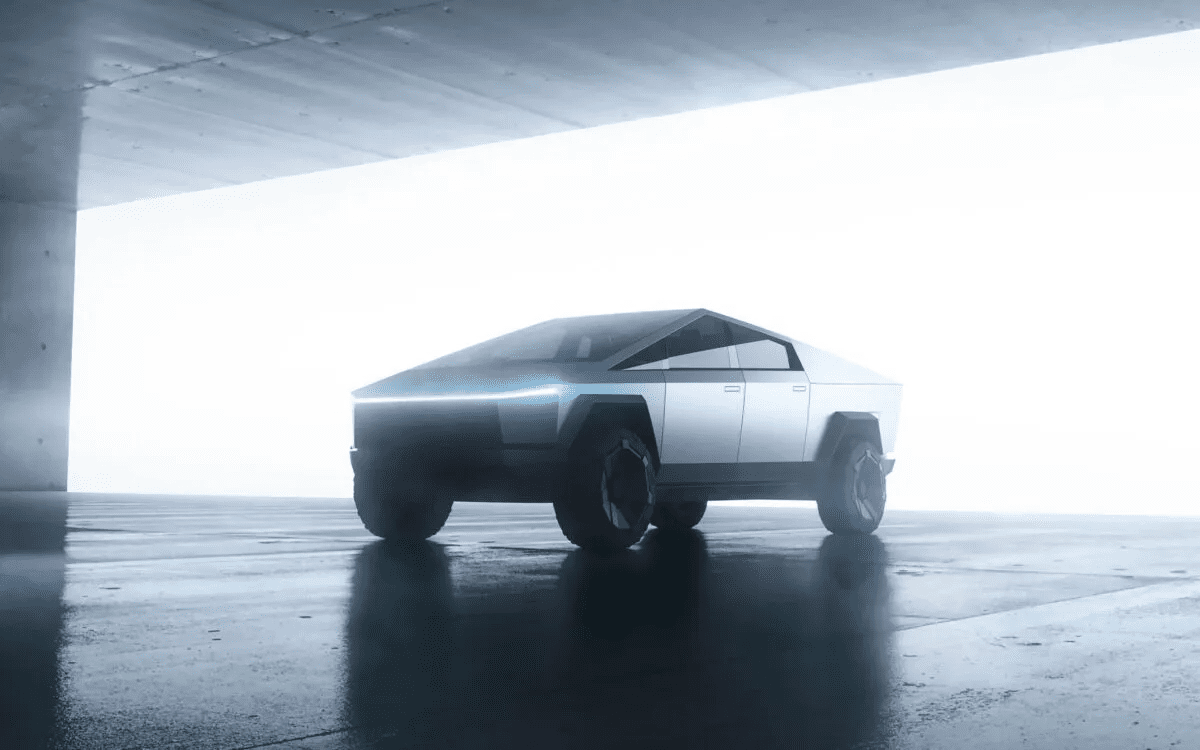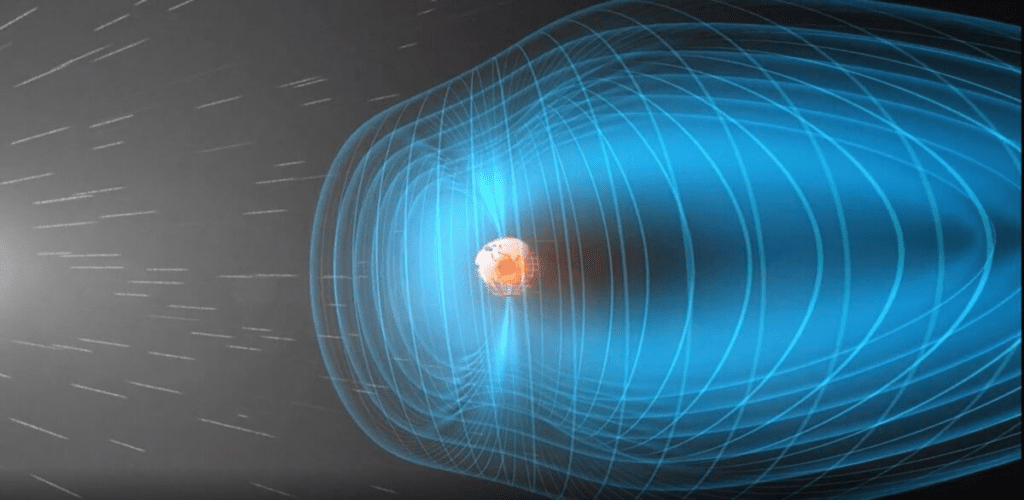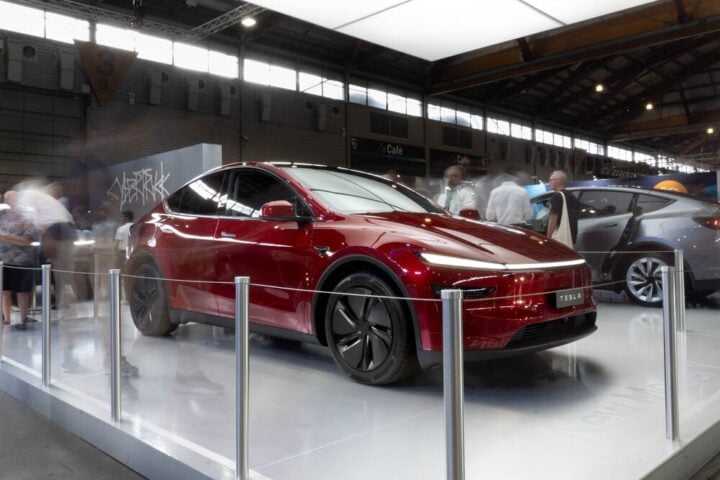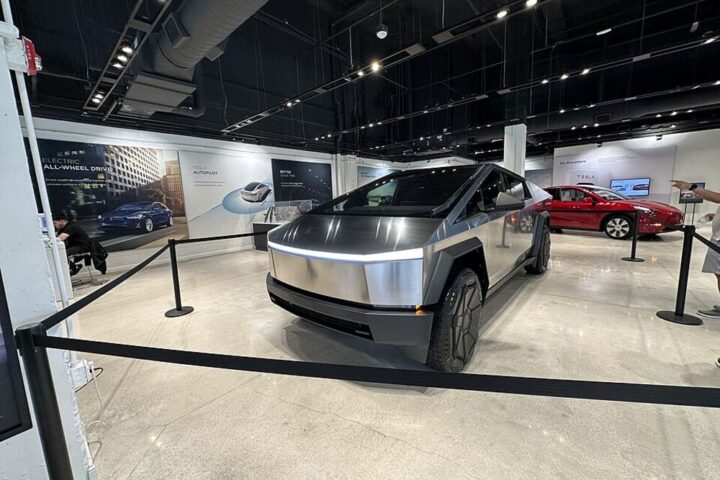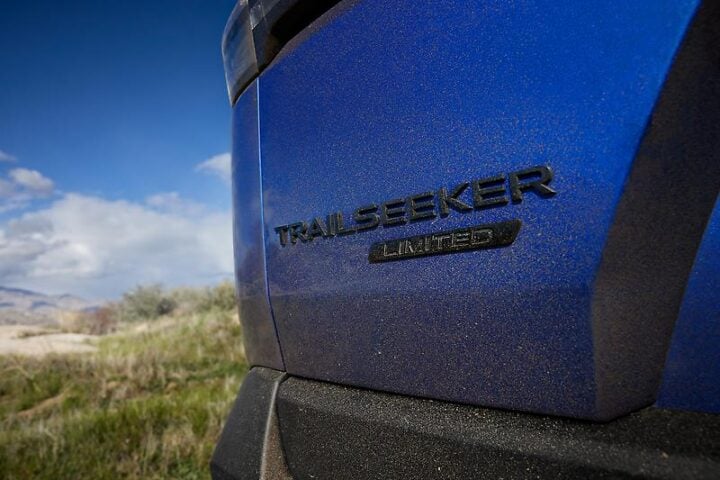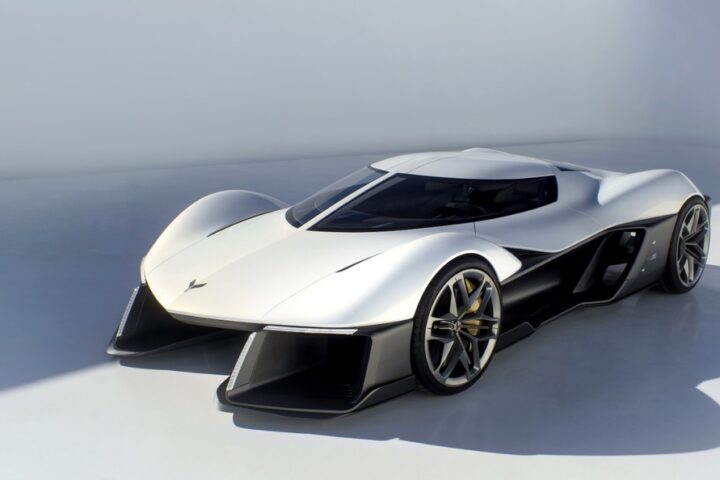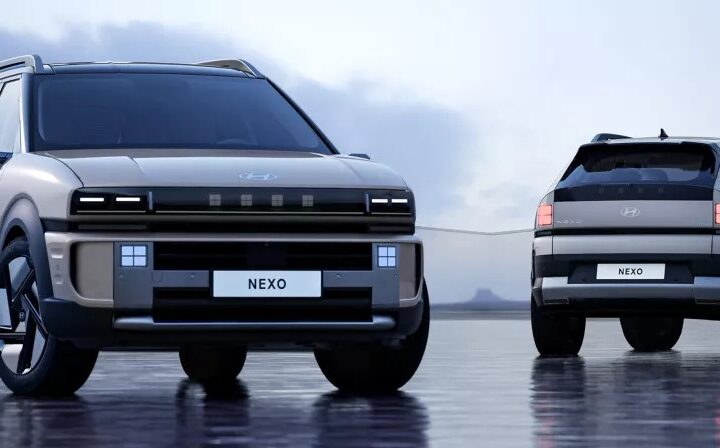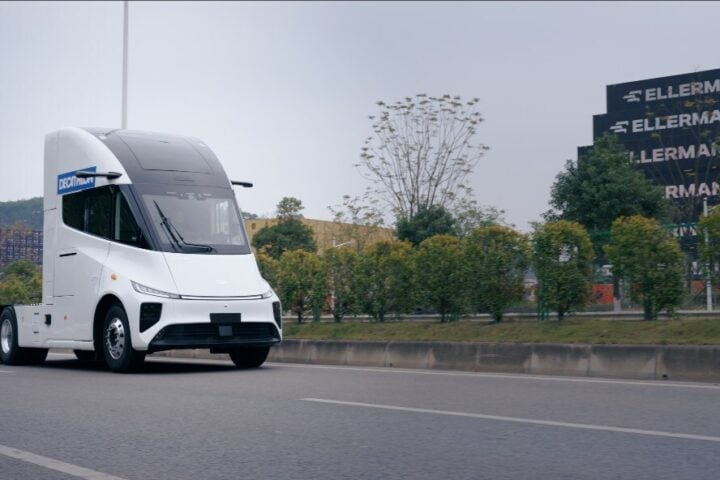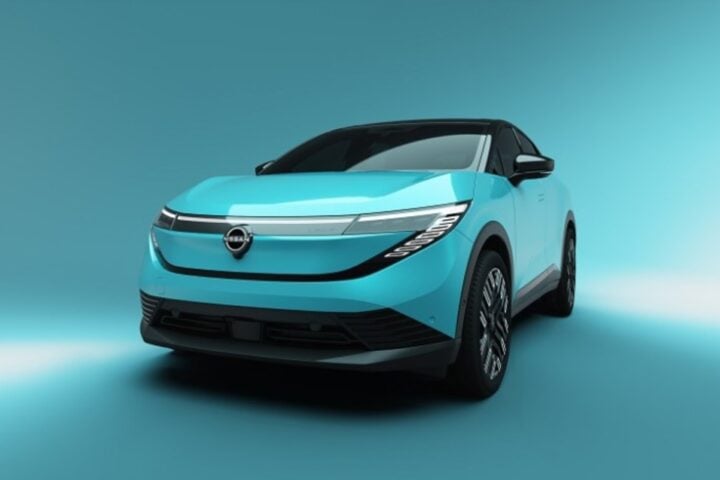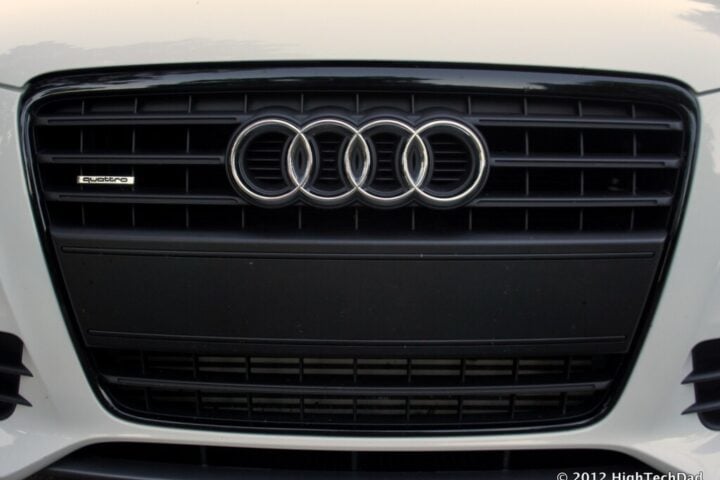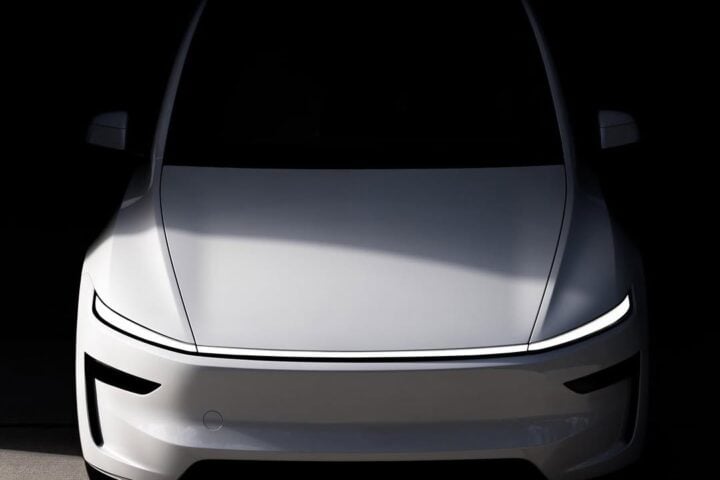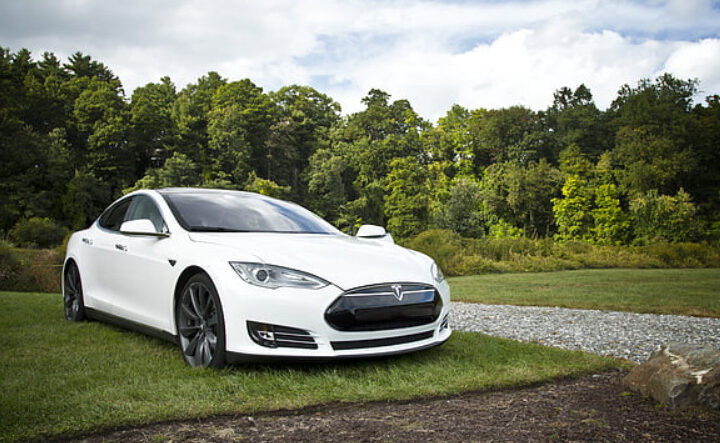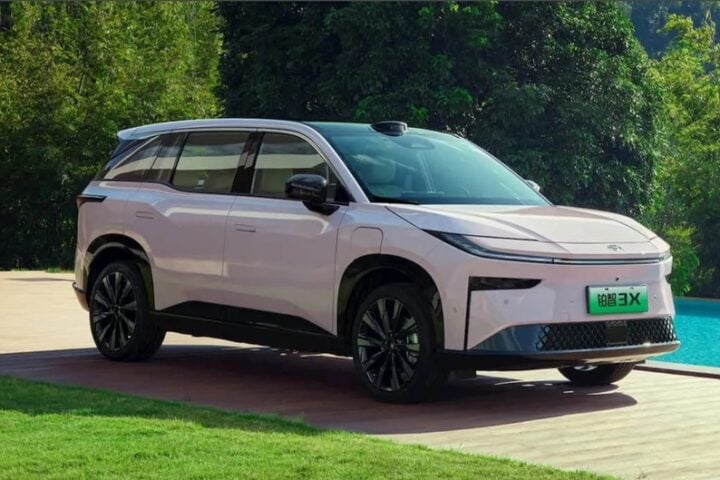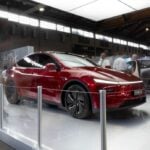In a surprising turn of events, Tesla recently unveiled some remarkable improvements in the technology that powers its much-awaited Cybertruck, the fully electric pickup truck. The excitement around this announcement is palpable, fueled by the anticipation of a greener, more efficient, and powerful vehicle that will potentially revolutionize the automotive industry.
At the heart of this development is Tesla’s upgrade to a newer, more energy-dense version of their existing 4680 battery cells, set to power the Cybertruck. Drew Baglino, Tesla’s senior VP for powertrain and energy engineering, revealed that the new Cybertruck cell boasts a 10% higher energy density compared to their current production. Achieved through meticulous process and mechanical design optimization, this is a significant leap considering the already high energy density of the existing 4680 cells.
However, questions remain on how exactly this boost in energy density will translate into benefits for the consumer. While it could potentially increase the vehicle’s range, it may also permit Tesla to develop a more compact battery pack with equivalent range.
Similar Post
Another promising revelation from the Q2 earnings call was the substantial improvement in the 4680 cell production at Tesla’s Texas plant. Baglino reported an 80% increase in cell production in Q2 of 2023, compared to the previous quarter, alongside a 25% reduction in cell COGS (cost of goods sold), signaling increased efficiency and reduced costs.
Despite initial challenges in meeting production targets for the 4680 cells, these recent developments suggest Tesla is on track towards achieving its ambitious goals set during its 2020 Battery Day event.
Amidst this progress, however, one cannot overlook the intense competition Tesla faces. BMW, in collaboration with Samsung SDI, is gearing up to produce a new variant of cylindrical 4680-style batteries. These batteries, known as 46120, will be 50% taller and presumably more energy-dense than Tesla’s proposed Cybertruck cells. Samsung’s plans to add significant production capacity across Europe and Asia further threaten Tesla’s battery manufacturing supremacy.
Tesla’s Cybertruck, with its novel powertrain specifications, is undoubtedly a marvel of engineering. However, it also represents a considerable challenge, as the production capacity of its 4680 cells could potentially bottleneck the Cybertruck’s production scale.
These developments underscore the dynamic landscape of the electric vehicle industry, where rapid innovation, intense competition, and shifting market demands converge. It underscores the importance of ongoing research, efficiency in production, and strategic partnerships in capturing and maintaining market leadership. As we continue to strive towards a greener future, these enhancements in battery technology will undoubtedly prove pivotal, heralding a new era of electric vehicles.
